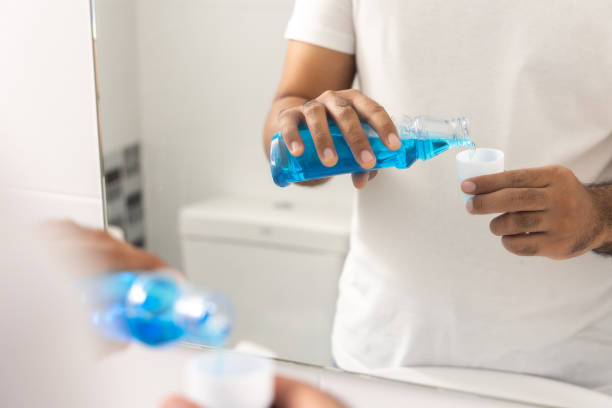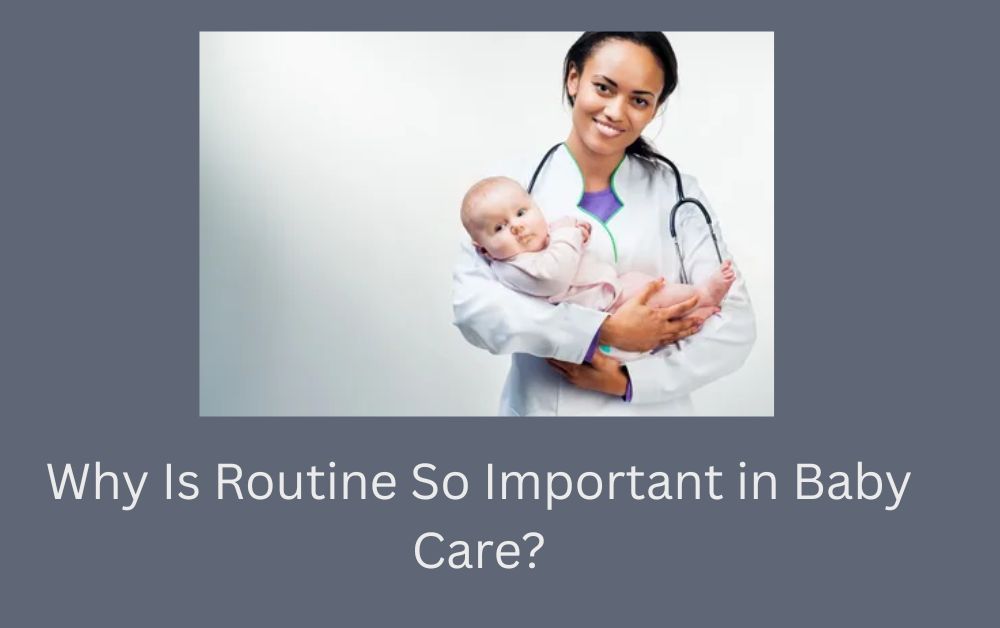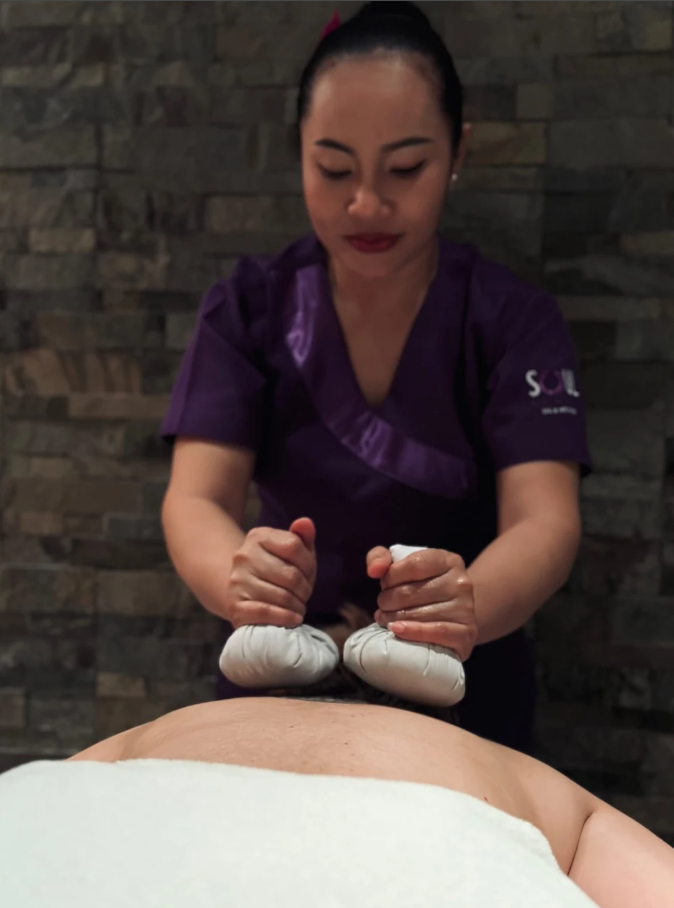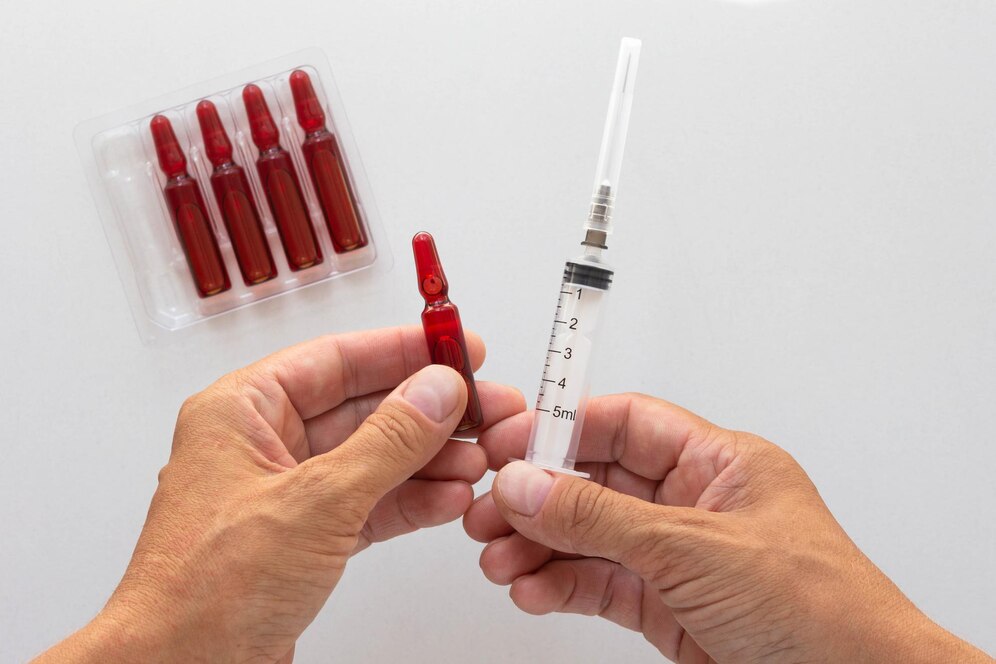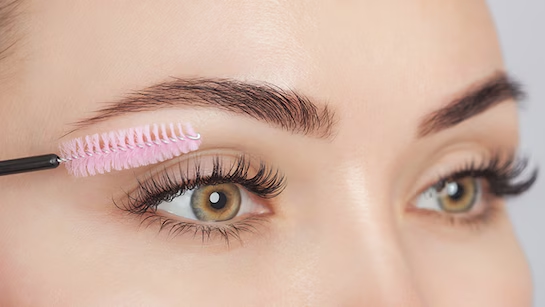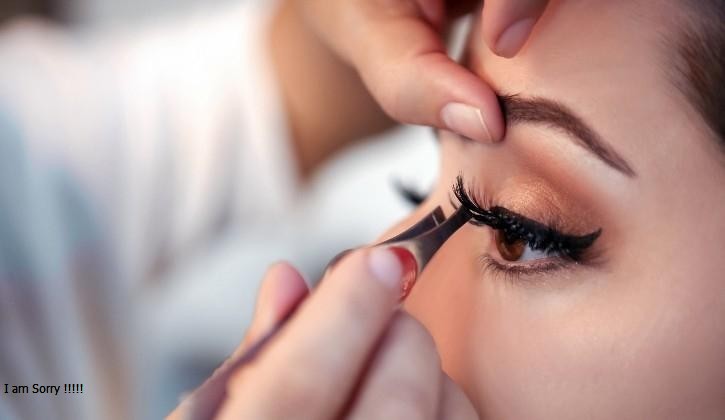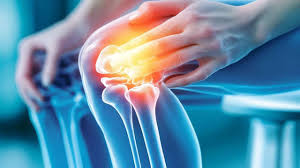The Truth About Mouthwash: Does It Really Work?
When you walk down the oral care aisle of any store, you’re sure to see rows of brightly colored bottles promising fresh breath, germ-killing power, and even cavity prevention. Mouthwash is a staple in many people’s hygiene routines—but does it actually work? And if so, how effective is it really?
In this article, we’ll explore the truth about mouthwash: what it does, what it doesn’t do, how to use it properly, and whether it deserves a place in your daily dental care routine.
What Is Mouthwash?
Mouthwash, also known as oral rinse, is a liquid solution used to rinse the mouth, usually after brushing and flossing. It’s designed to freshen breath, kill bacteria, and improve oral hygiene. There are two main types of mouthwash:
- Cosmetic mouthwash: Freshens breath but doesn’t treat any medical condition.
- Therapeutic mouthwash: Contains active ingredients that help reduce plaque, gingivitis, bad breath, tooth decay, and more.
Some common ingredients found in therapeutic mouthwash include:
- Chlorhexidine (antibacterial)
- Fluoride (prevents tooth decay)
- Essential oils (kill bacteria and reduce plaque)
- Cetylpyridinium chloride (fights bacteria)
- Hydrogen peroxide (whitening and disinfecting)
What Does Mouthwash Actually Do?
Mouthwash can do several things depending on its formula. Let’s break it down:
1. Freshens Breath
This is the most immediate and noticeable benefit. Mouthwash masks or reduces bad breath (halitosis) by neutralizing odor-causing bacteria or using strong scents like mint or eucalyptus.
2. Reduces Plaque and Gingivitis
Antiseptic and antibacterial mouthwashes can kill bacteria that cause plaque buildup and gum disease. Some formulas are especially helpful for people with gingivitis, a mild form of gum disease.
3. Helps Prevent Cavities
Fluoride-containing mouthwashes can help strengthen enamel and make teeth more resistant to acid attacks from plaque and sugars.
4. Whitens Teeth (Some Types)
Certain mouthwashes contain mild bleaching agents like hydrogen peroxide to help reduce surface stains over time.
5. Soothes Oral Conditions
Some mouthwashes are designed to help with canker sores, dry mouth, or recovery from dental procedures.
What Mouthwash Can’t Do
Despite all its benefits, mouthwash isn’t a miracle product. It’s important to know what it can’t do:
1. It Won’t Replace Brushing and Flossing
Mouthwash can reach areas your toothbrush or floss might miss, but it doesn’t remove food particles or plaque on its own. Brushing and flossing are essential for removing debris and thoroughly cleaning teeth.
2. It Doesn’t Cure Gum Disease
Mouthwash can help manage early stages of gum disease (like gingivitis), but it won’t reverse serious conditions like periodontitis. Professional dental treatment is necessary for advanced gum disease.
3. It’s Not a Long-Term Breath Fix
Mouthwash may temporarily mask bad breath, but if you have chronic halitosis, it could be a sign of an underlying issue like tooth decay, gum disease, or digestive problems.
Does Mouthwash Really Work?
Yes—but how well it works depends on how you use it, the type of mouthwash, and your oral health goals.
- Cosmetic mouthwashes only offer short-term breath freshness.
- Therapeutic mouthwashes have been shown in studies to reduce plaque, improve gum health, and help prevent cavities when used correctly and consistently.
So yes, mouthwash can be effective—but it’s a support tool, not a substitute for brushing, flossing, and regular dental visits.
How to Use Mouthwash Effectively
If you want to get the most out of your mouthwash, follow these steps:
1. Read the Label
Every product is different. Follow the directions on the bottle for how much to use and how long to rinse. Most suggest 20–30 seconds of swishing.
2. Use the Right Amount
Use the recommended capful or dosage—usually around 20 ml. Using more won’t necessarily increase the benefits and could cause irritation.
3. Don’t Swallow It
Mouthwash is meant to be spat out. Swallowing can lead to nausea or other health concerns, especially in children.
4. Avoid Eating or Drinking Immediately After
Wait at least 30 minutes before eating or drinking to allow the ingredients to work properly.
5. Use It at the Right Time
You can use mouthwash before or after brushing, depending on the formula. For fluoride rinses, it’s best to use them after brushing and avoid rinsing with water afterward so the fluoride stays on your teeth.
How Often Should You Use Mouthwash?
Most people can use mouthwash once or twice a day. Using it more frequently isn’t necessarily better and can sometimes cause side effects like dry mouth or altered taste if overused.
If you’re using a strong antibacterial rinse (like one prescribed by a dentist), it may be recommended for short-term use only, such as 1–2 weeks, to avoid disrupting your mouth’s natural balance of good bacteria.
Is Mouthwash Safe?
In general, mouthwash is safe for most people when used as directed. However, there are some things to be aware of:
1. Alcohol Content
Many traditional mouthwashes contain alcohol (like ethanol), which can cause a burning sensation and contribute to dry mouth. If you have sensitive tissues or dry mouth, choose an alcohol-free formula.
2. For Children
Mouthwash is not recommended for children under 6 years old, as they may accidentally swallow it. For older children, supervise use and choose child-friendly formulas.
3. Pregnancy and Health Conditions
If you’re pregnant, breastfeeding, or have a specific medical condition, check with your dentist or doctor before using mouthwash—especially prescription versions.
Common Myths About Mouthwash
Let’s clear up a few misunderstandings:
- ❌ “Mouthwash cures bad breath”
It helps temporarily but doesn’t fix underlying causes. - ❌ “Burning means it’s working”
That’s not true! A burning sensation usually comes from alcohol, not effectiveness. - ❌ “You don’t need to brush if you use mouthwash”
Absolutely false—mouthwash complements brushing, not replaces it.
Should You Add Mouthwash to Your Routine?
That depends on your goals:
- Want fresher breath? A minty cosmetic mouthwash can help.
- Need help with gum health or plaque? A therapeutic mouthwash with antibacterial agents is a good choice.
- Fighting tooth decay? Look for a fluoride rinse.
- Concerned about alcohol or strong chemicals? Go for a natural or alcohol-free formula.
If you’re not sure which type is best for you, talk to your dentist. They can recommend a mouthwash based on your oral health and specific needs.
Final Thoughts
Mouthwash isn’t magic, but when used properly, it can be a powerful addition to your oral hygiene routine. It helps fight bacteria, freshens breath, supports gum health, and can even help prevent cavities—as long as you use the right product and follow a complete care routine.
Remember, nothing beats regular brushing, flossing, and dental checkups. Think of mouthwash as the final polish, not the main event.
So, does mouthwash really work? Yes—but only when used correctly and consistently. Choose wisely, use it smartly, and keep smiling! For a broader range of self-care tips, mindfulness practices, and personal growth resources, visit venzec.icu. Here you can find expert advice on nurturing your well-being in every aspect of life.
